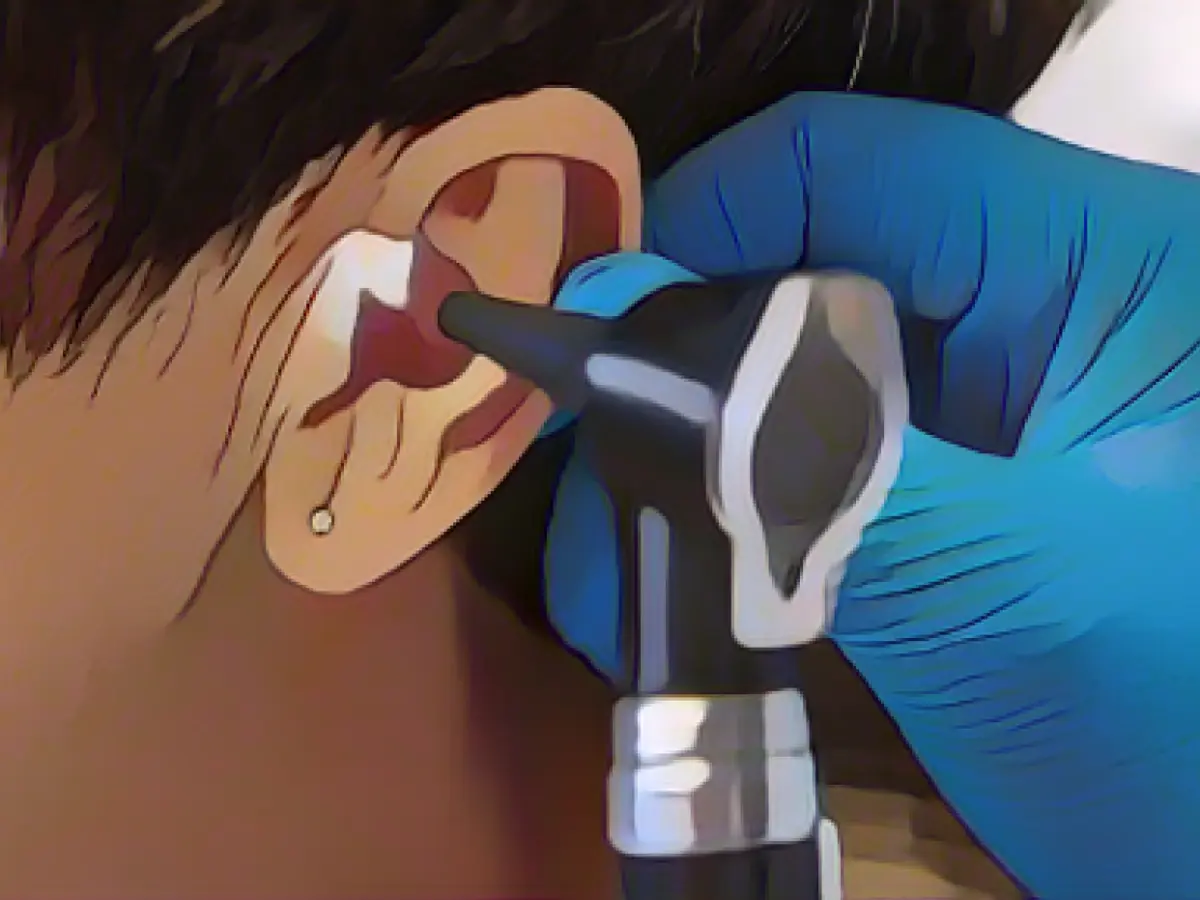Hearing Aids Without a Prescription Might Be Just as Effective for Some
According to Dr. Karina De Sousa, a postdoctoral fellow at the Department of Speech-Language Pathology and Audiology at the University of Pretoria, South Africa, only 15% of adults with hearing loss in the US use hearing aids. One of the reasons for this is the accessibility and affordability of hearing aids. Luckily, De Sousa's preliminary study, published in April in JAMA Otolaryngology-Head and Neck Surgery, found that self-adjustable, over-the-counter (OTC) hearing aids could be a viable option for some people.
Liz Hamlin, director of public policy for the Hearing Loss Association of America, emphasized the importance of early treatment for hearing loss to preserve long-term health. In April, she said that using hearing aids can help people keep their jobs, communicate better with family and friends at home, and remain active in their communities.
The Lancet Commission on Dementia Prevention, Intervention, and Care in 2020 suggested that about 8% of dementia cases may be related to hearing loss. A meta-analysis in December 2022 showed that wearing hearing aids improved short-term cognitive test scores by 3% in people with hearing loss.
The US Food and Drug Administration (FDA) allowed people with mild to moderate hearing loss to buy hearing aids without a prescription in August 2022. People can now buy them online or without a prescription. De Sousa welcomed the decision by the FDA, which provided more options for people with hearing loss. However, she noted that OTC hearing aids are not a one-size-fits-all solution.
Hamlin stressed that the Hearing Loss Association of America still supports various treatment options for hearing loss. She suggested that some people may find OTC hearing aids that meet their needs, while others may require the help of a medical professional. Hamlin recommended that people consider their specific needs before making a purchase, use the online resources of the HLAA to determine their hearing aid requirements, and consult with their doctor to determine if a hearing aid is appropriate before making a purchase.
De Sousa noted that OTC hearing aids are not a miracle cure. She recommended consulting a qualified audiologist if a person does not meet the criteria for using OTC hearing aids.
OTC hearing aids are not a universal solution, but they can help some people with hearing loss. Before making a purchase, it is essential to consider the requirements and limitations of OTC hearing aids. Consult with a healthcare professional to ensure that any underlying conditions, such as ear infections or impacted ear wax, are addressed before selecting a hearing solution.








